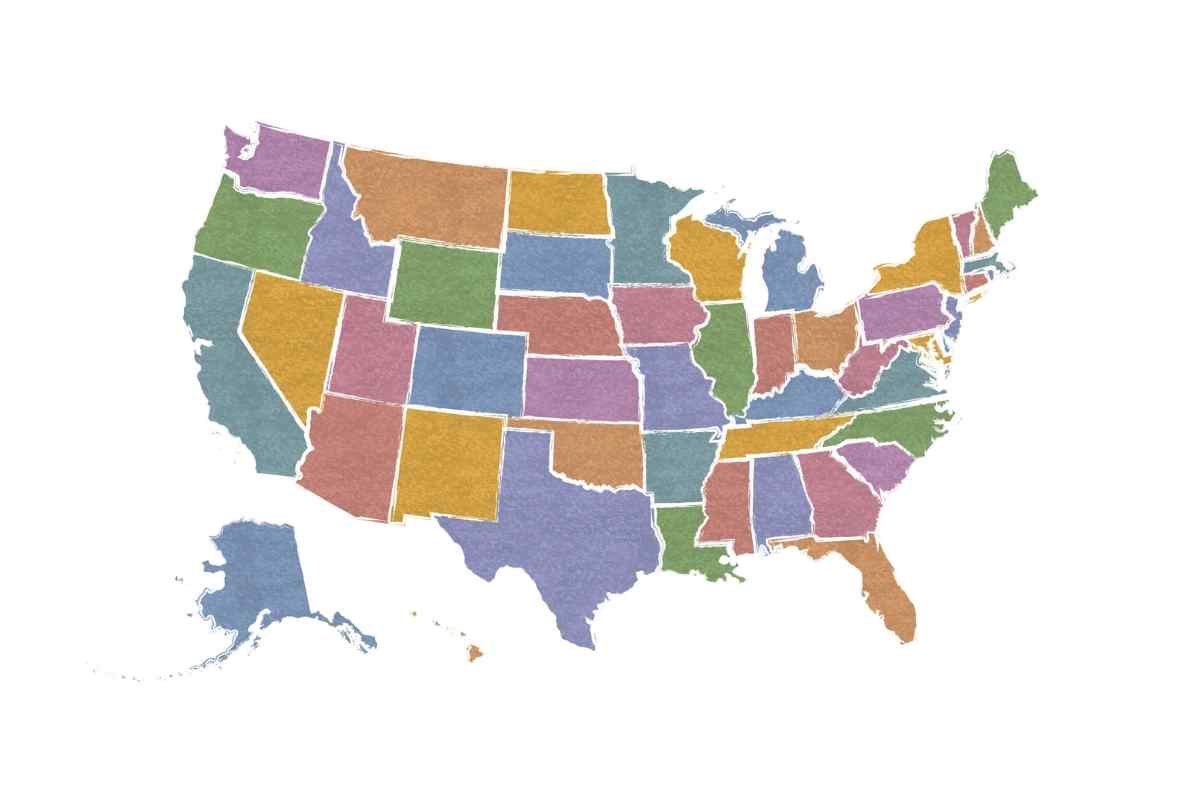As part of an ongoing struggle over electoral maps, Republican legislative leaders in North Carolina have urged the United States Supreme Court to limit state courts’ ability to interfere in the drafting of congressional districts. After the Supreme Court ruled earlier this month that North Carolina can use maps approved by state courts in 2022, the revived effort is unlikely to affect the current election cycle. However, four conservative members of the Supreme Court have indicated that they are willing to reexamine the scope of state courts’ power to revise congressional maps in the future. North Carolina GOP legislators filed a fresh appeal on Thursday acknowledging that the 2022 maps are established, but arguing that the greater problem should be settled before the 2024 elections.
The lawsuit claims that the North Carolina Supreme Court overstepped its bounds by striking down a congressional map drawn by legislators and then allowing the adoption of districts drawn by court-appointed experts. According to the petition, the United States Constitution empowers state legislatures, not state courts, to supervise federal elections and draw congressional boundaries.
“The U.S. Constitution is crystal clear: state legislatures are responsible for drawing congressional maps, not state court judges,” North Carolina House Speaker Tim Moore said in a statement.
Voters and advocacy groups who battled the Republican leaders over the maps maintained that previous US Supreme Court rulings and federal law allow state courts redistricting remedial power and the capacity to interpret state constitutions’ own provisions for electoral maps.
Separate verdicts by the Supreme Court earlier this month permitted North Carolina and Pennsylvania to hold elections in 2022 based on court-ordered maps.
Four conservative justices said at the time that the court should explore how much power state courts have to intervene in congressional map construction at a later date.
On March 8, Justice Brett Kavanaugh stated, “The question is almost destined to keep surfacing until the Court decisively answers it.” He said he would be in favour of the subject being considered during the court’s next term, but that he didn’t want to meddle with the election process this year.




